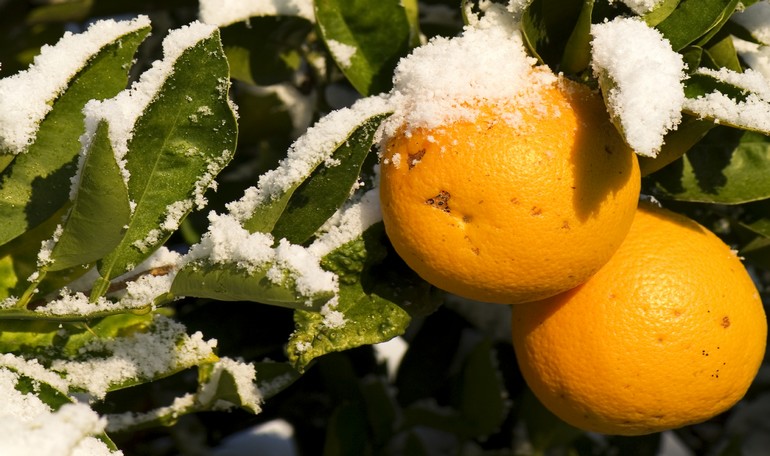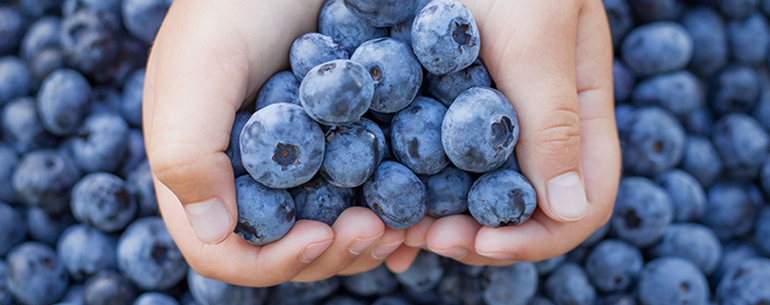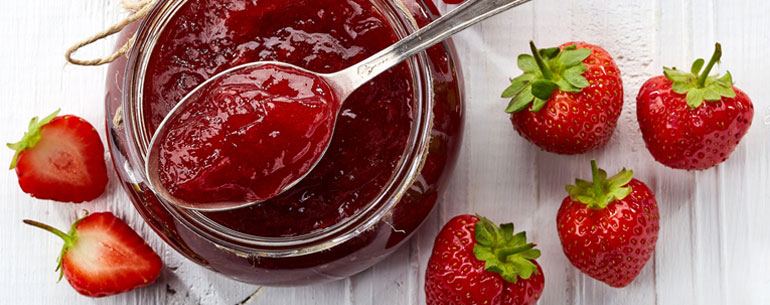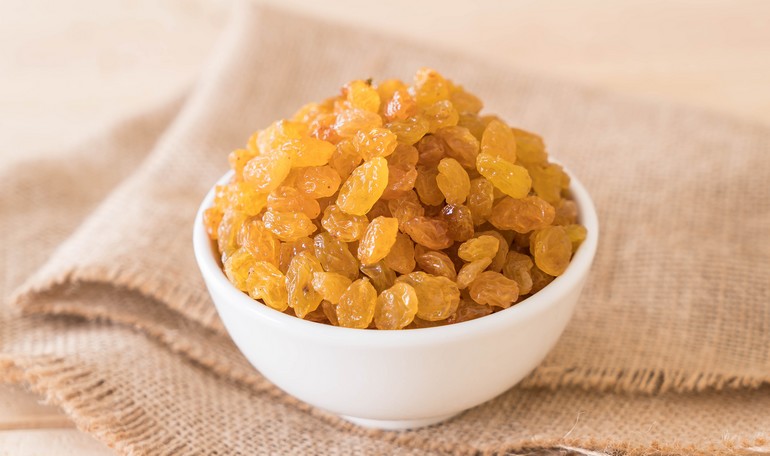The word from the nutritionist
Orange: the sun in winter
Do you know that a correct consumption of oranges in wintry months allow your body to prevent the nasty cold?

The oranges are good allies for a healthy alimentation, in fact, they are very rich in organoletic properties and in nutritive and therapeutically substances; for these reasons it’s important to eat them not only at the end of the meal but also for breakfast and for snack. The orange contains: about 87% of water, a little quantity of fats and proteins, many minerals (calcium, phosphorous, potassium, iron, selenium) and different vitamins (C, A, B1 and B2). Thank to its nutritive composition the orange has only 34 calories for 100g of juice.
It’s advisable to eat this fruit during an hypocaloric diet because it’s very filling, in fact, it’s rich in fibres. Orange juices and squeezes are a pleasant snack in different moments of a day but, in order to obtain all benefits, it’s important to drink them immediately after their preparation, in fact, they lose the vitamin C very fast. In order to satisfy your daily need of vitamin C and to keep in good health your immune system it is necessary to eat one or two oranges a day: a correct consumption of oranges in wintry months allow your body to prevent the nasty cold.
The orange has been used in the European cuisine since ancient ages: in the South-Europe it was used with meat, fish and salad instead in the North to prepare sweets and marmalades. Today this fruit is an essential ingredient for many recipes both sweet and salt, as for example: ice-creams, cakes, fruit-salads, puddings, but also white meats, red meats, fishes, sauces and ‘risotto’.
Published 12 January 2017





